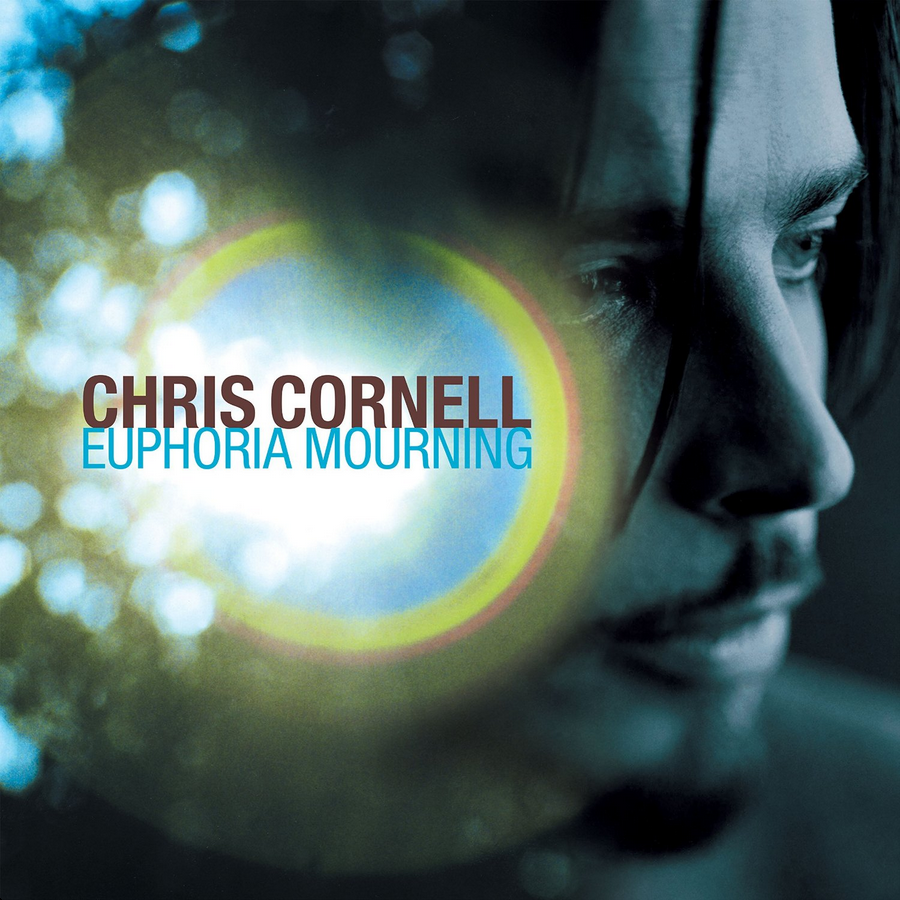The phenomenon of a sunshower – the rain falling despite the sun shining – is an event that has a variety of bizarre interpretations in global folklore.
Depending on where you live, a sunshower can mean that a witch is getting married, a lioness is giving birth, or a jackal is marrying a wolf’s wife. Hawaiians call it “ghost rain.” In parts of India it’s known as “naked rain.” My favourite is Liberia, where a sunshower is supposedly a sign that the devil is arguing with his wife over a chicken bone.
It’s interesting to me that there can be so many different interpretations of the same natural occurrence. Sure, it’s not an everyday occurrence, but it’s not that unusual. And I certainly wouldn’t have thought it to be significant enough to make us ponder the root cause of the devil’s marital problems.
Interpretations are on my mind this week.
Whenever a musician dies, the initial grief gives way very quickly to interpretations and assessments of the career in question. What was their most important contribution? Their greatest failure? Their ultimate place in the context of their generation? Of all generations?
Chris Cornell will be remembered as Soundgarden’s titanium-voiced lead singer, and everything he did subsequently (his work with Audioslave, the bizarre collab with Timbaland) will, for most people, be the footnote. Which is probably fair, considering the huge impact Soundgarden had on the path of rock and roll in the 90s.
But this track is one of my favourites. Featured on the “Great Expectations” soundtrack, it’s post-Soundgarden, but pre-Audioslave. Cornell’s career could have gone in any of a dozen different directions, and that gives this song a real crossroads feel for me. Or maybe that’s just retrospect talking.
What makes this a beautiful song:
1. The guitar. Cornell was known as a vocalist, but he was a competent guitarist as well. I always liked the guitar is this song, especially the little wa-wah highlights that poke out at various points.
2. The complex chord structure. Cornell is (unfairly) associated with three-chord grunge, but he was much more musically ambitious than that.
3. His voice was amazing. By the late 90s, he couldn’t quite reach the stratosphere the way he could in Soundgarden’s heyday, but his voice wasn’t the rusty rollercoaster it would end up being in Audioslave.
Recommended listening activity:
Buying an umbrella, just in case.
